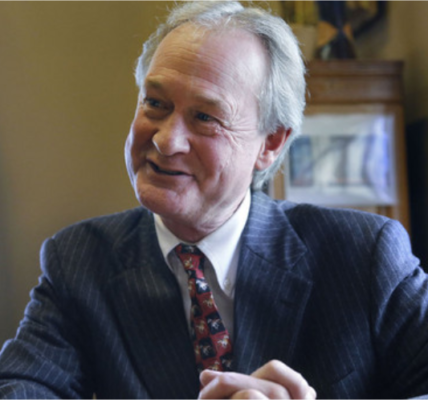
In the ongoing global effort to combat Russian election interference, the United States has shown Brussels what real enforcement looks like — and it didn’t rely on new, flashy social media regulations. Instead, Washington deployed old, but effective, laws to disrupt Moscow’s disinformation campaign, leaving Europe struggling to keep pace.
The U.S. government moved decisively, with the Justice Department shutting down a slew of Kremlin-backed websites pretending to be prominent American media outlets like The Washington Post and Fox News, spreading Russian propaganda to U.S. voters. Meanwhile, the Treasury Department imposed sanctions on high-profile Russian officials, including the editor-in-chief of RT, and indicted two Russian individuals for funneling $10 million into a Tennessee-based company that produced millions of social media posts targeting Americans with Russian disinformation.
In stark contrast, Europe has failed to implement similar measures, despite facing the same covert Russian interference. While the European Union has led the charge with new social media laws, such as the Digital Services Act, its actions have been far less decisive than the U.S.’s swift and targeted approach.
The EU’s Digital Services Act, passed in an effort to regulate big tech, compels social media giants like Meta to remove foreign disinformation or face hefty fines of up to 10% of their global revenue. In theory, the law is designed to curb Russian disinformation, but in practice, European enforcement has been slow and patchy. For instance, the European Commission opened an investigation into Meta’s role in allowing Russian-backed fake news sites to thrive, but it’s still months away from completion. Meanwhile, many of these fake news websites continue to circulate Russian propaganda across Europe, widely shared on social media platforms such as X and Facebook.
The contrast with the U.S. is striking. Washington didn’t rely on new rules but instead turned to existing legal frameworks to target the core of Russia’s interference — its agents and infrastructure. The Department of Justice seized and shut down 32 Russian websites, and sanctions were imposed on key Kremlin officials. This enforcement was swift and comprehensive, sending a clear message that the U.S. has zero tolerance for foreign interference in its democracy.
While Europe’s response remains bogged down by internal debates and a lack of criminal sanction powers under its new digital regulations, the U.S. has already leveraged the legal tools at its disposal. The Justice Department’s actions, including the use of longstanding sanctions laws, were a direct and effective countermeasure against Russian disinformation efforts aimed at undermining the integrity of the upcoming presidential election.
This divergence in enforcement highlights an important lesson for Washington lawmakers who often look to Europe’s digital rulebooks as a model. Europe’s new laws may hold Silicon Valley accountable in areas like protecting minors or ensuring transparency, but when it comes to dealing with an immediate foreign threat, the U.S. has shown that having the legal tools and the political will to act decisively matters most.
In the battle against foreign election interference, Washington has proven that sometimes the most effective response doesn’t require new laws — just the right enforcement and commitment to protect democratic processes.





